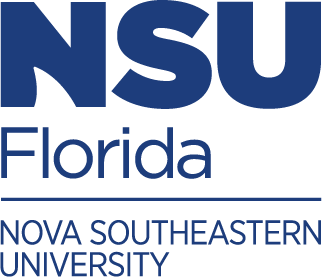Newswise — FORT LAUDERDALE-DAVIE, Fla. – There is no denying that computer technology has helped society in so many ways. But as with many other advancements, there is a darker flip-side to all the positives. The newest cyber-related threat facing individuals and corporations alike is "Ransomware."
Ransomware is the latest form of malicious software, or malware, to create confusion, destruction and financial costs to computer systems. Ransomware applications are capable of seizing control of the targeted computer system, making the data and applications unattainable. The phrase comes from the fact that, unlike other forms of malware that may steal or destroy data, these applications require the user to pay a "ransom" for the data to be released. The latest high-profile case is that of Hollywood Presbyterian Medical Center in Los Angeles, California. The hospital had its medical records locked down, and had to pay a $17,000 ransom to regain access. This is just the latest incident – many more have occurred, and will continue to occur.
For media looking to do stories on the issue of ransomware, Nova Southeastern University (NSU) is home to an expert in the field.
James Cannady, Ph.D., is a professor of Information Assurance in NSU's College of Engineering and Computing. In addition to teaching graduate-level courses in information security and assurance, he has worked extensively with local, state and federal governmental agencies to improve the security of their critical information systems.
Cannady's research efforts concern the intersection between artificial intelligence and information security. In particular he is working to develop new adaptive intelligent systems that can be applied to protect computer systems and networks. These techniques include the use of complex adaptive systems and advanced neural networks in the detection of network-based attacks.
Cannady is the founder of the Georgia Tech Information Security Center (GTISC) and the NSU Center for Information Protection, Higher Education, and Research (CIPHER). Prior to his academic career, Cannady was a Special Agent with the U.S. Naval Investigative Service, specializing in counterintelligence matters and the protection of military computer and communication systems.
About Nova Southeastern University (NSU): Located in beautiful Fort Lauderdale, Florida, Nova Southeastern University (NSU) is a dynamic research institution dedicated to providing high-quality educational programs at the undergraduate, graduate, and first-professional degree levels. A private, not-for-profit institution with more than 26,000 students, NSU has campuses in Fort Lauderdale, Fort Myers, Jacksonville, Miami, Miramar, Orlando, Palm Beach, and Tampa, Florida, as well as San Juan, Puerto Rico, while maintaining a presence online globally. For more than 50 years, NSU has been awarding degrees in a wide range of fields, while fostering groundbreaking research and an impactful commitment to community. Classified as a research university with "high research activity" by the Carnegie Foundation for the Advancement of Teaching, NSU is 1 of only 37 universities nationwide to also be awarded Carnegie's Community Engagement Classification, and is also the largest private, not-for-profit institution in the United States that meets the U.S. Department of Education's criteria as a Hispanic-serving Institution. Please visit www.nova.edu for more information about NSU and realizingpotential.nova.edu for more information on the largest fundraising campaign in NSU history.
